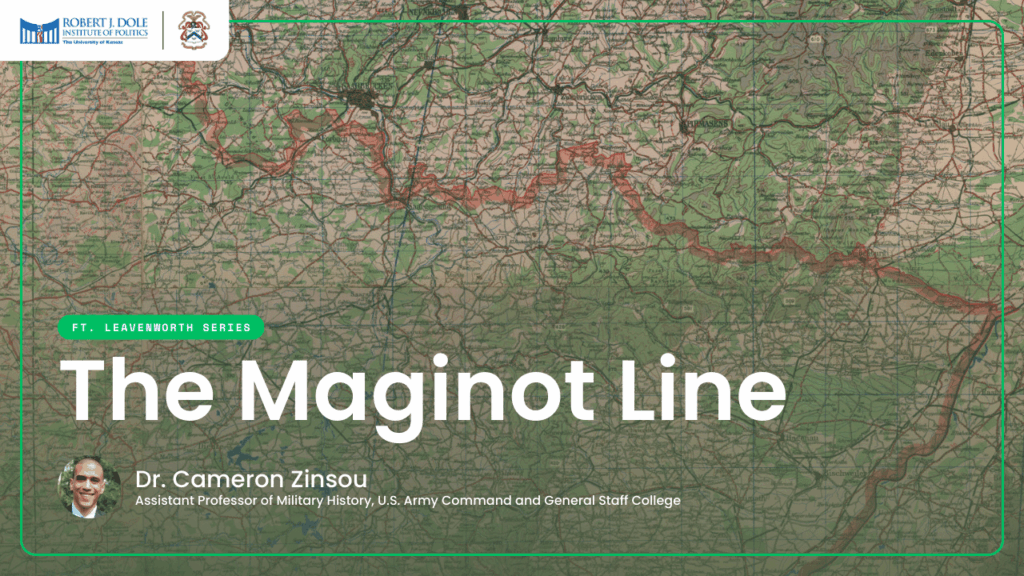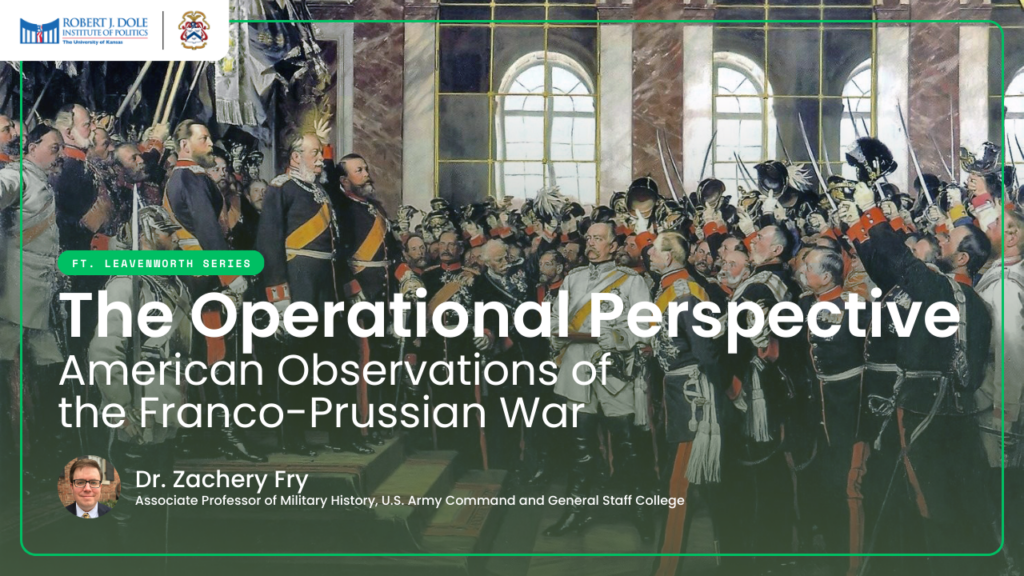
- This event has passed.
Seven Days in September 1814: The Turning Points of the War of 1812
October 1, 2020 @ 12:00 am
The British demands in mid-1814 were fierce and would have reduced the United States in size and limited its potential for expansion. The United States had declared war on Great Britain in 1812 because the British were seizing American merchant ships and cargoes, taking crewmen into the Royal Navy involuntarily, and providing arms to Native Americans on the frontier. However, American armies had lost battle after battle with little potential to accomplish the nation’s war goals. The British negotiating position at Ghent was to create an Indian buffer state north of the Ohio River, take about half of Maine, and demilitarize the Great Lakes and Lake Champlain. They had captured Fort Niagara, occupied 100 miles of the coast of Maine, and burned Washington. Then, in one week in September 1814, the U.S. defended Baltimore (its 3rd largest city) and won the battle of Plattsburgh in New York. Two thousand soldiers besieged in Fort Erie broke out and pushed the British back 20 miles. After that, Duke Wellington advised the British government to drop any claims for territory and negotiate a settlement. British prospects for a decisive victory were not propitious and the war was very expensive. The British cabinet reluctantly agreed and the treaty was signed on Christmas Eve. The three American victories, “Seven Days in September,” were a turning point of the war and set America back on the course of greatness.
This program is closed-captioned for the hearing impaired.
This special program will be live-streamed to the institute’s YouTube channel and to its website, www.doleinstitute.org. Due to continuing concerns regarding the novel coronavirus pandemic, the program will only be available online. Follow the Dole Institute on Facebook, Instagram, or Twitter for updates regarding this and future programming.
Rich Barbuto was raised on the shores of Lake Erie in New York State. Graduating from West Point in 1971, he served as an armor officer for twenty-three years in Germany, Korea, Canada, and other U.S. posts. Rich took an early interest in military education and taught at the Armor School, ROTC at Eastern Kentucky University, the Canadian Forces Staff College in Toronto, and the Command and General Staff College. He earned a Ph.D. in American History from KU and was the deputy director of the Department of Military History at CGSC for twelve years. Rich has written several books and numerous articles on the War of 1812 and is a frequent speaker at history conferences and public venues. Rich continues researching and writing military history; his fourth book is in the publication process with the University Press of Oklahoma.


